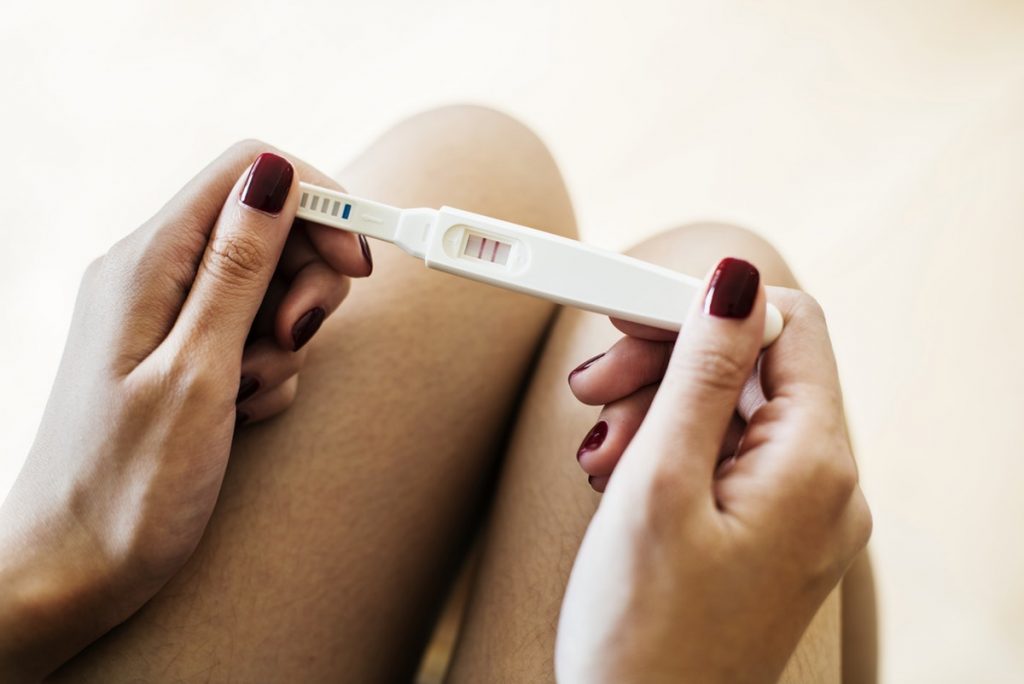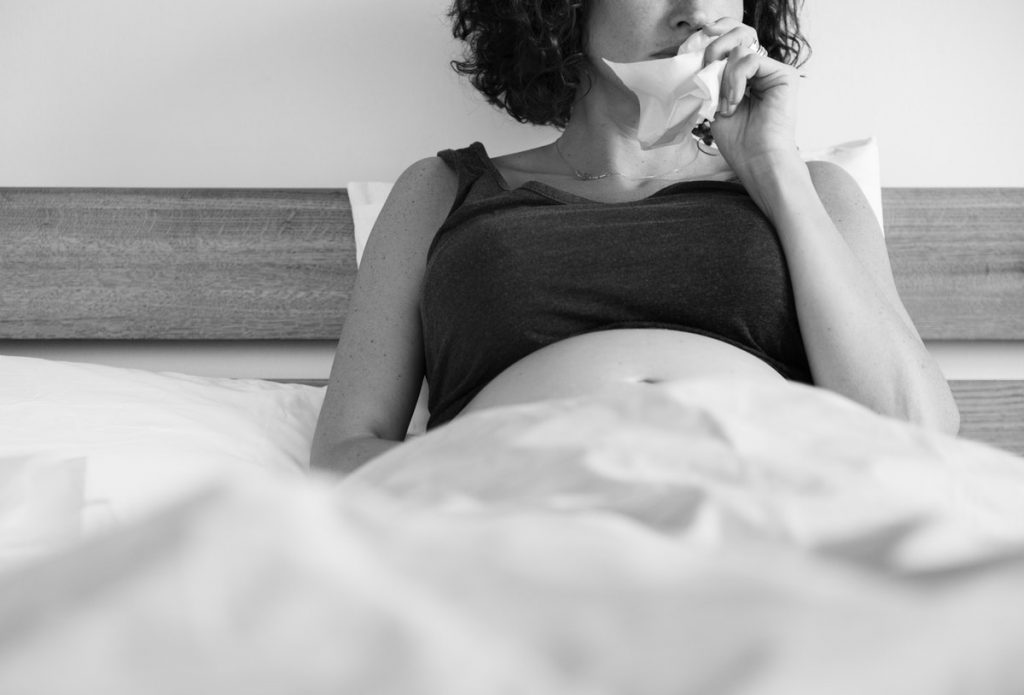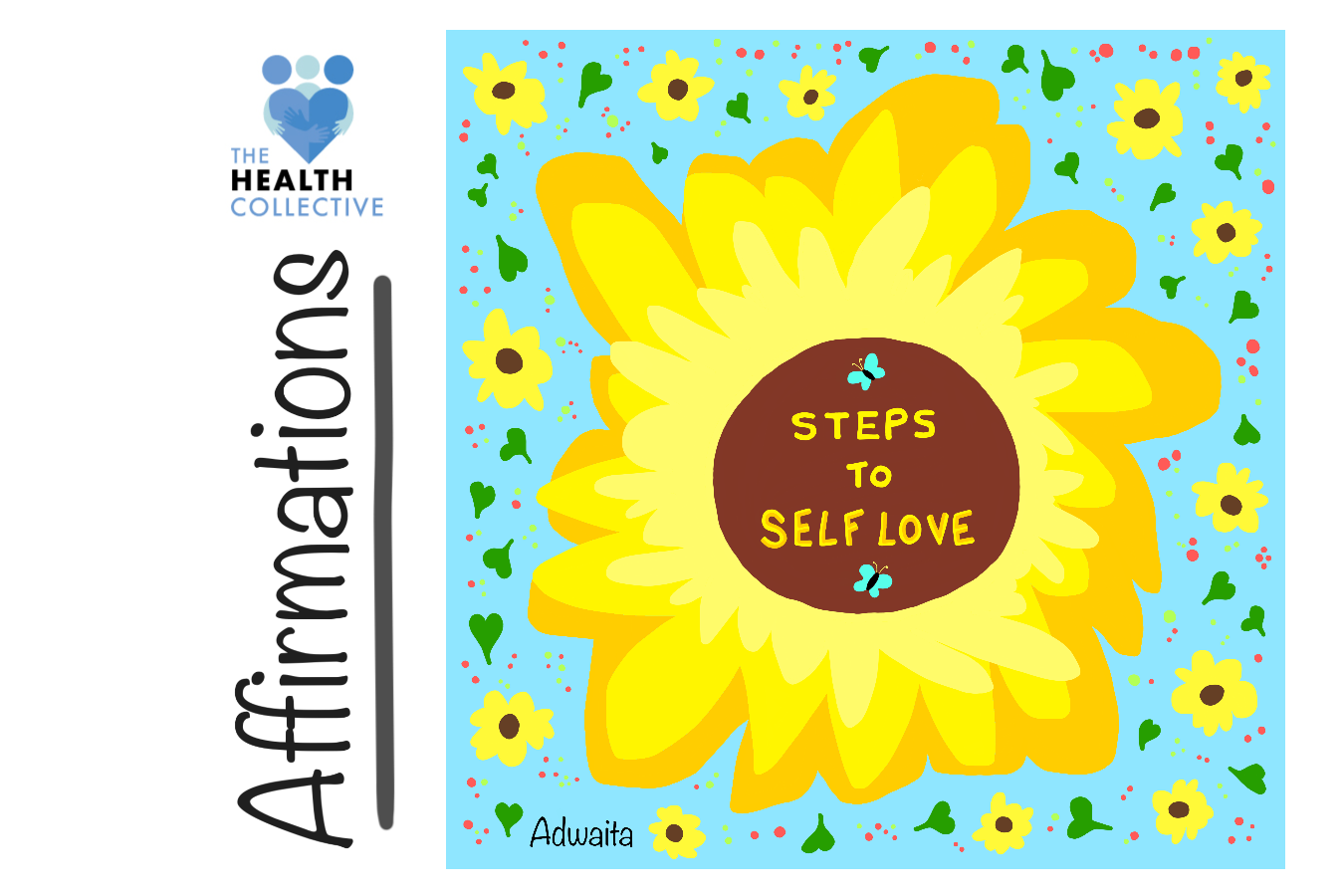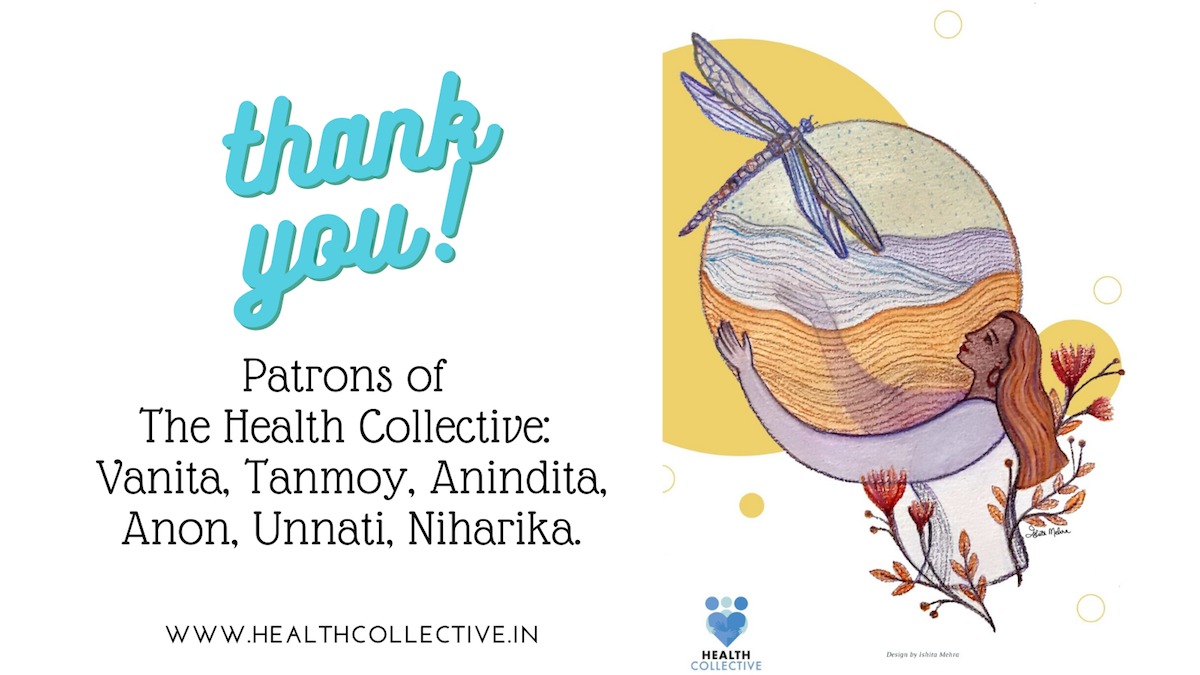Mothers and Mental Health
By Vandita Morarka
‘The pedestal you put women on is a cage’ – Ruth Bader Ginsburg
As mothers, women are expected (and expect themselves) to leave no stone unturned for the smallest needs of their children, often with little concern for their own personal well-being and healthcare. Whether you consider pregnancy, delivery, adoption, surrogacy, or you look at the onus of responsibility when it comes to raising a child, it’s probably not surprising that mental well-being and healthcare of the parent are quite low on the To Do list.
Dr Avinash Desousa, consulting psychiatrist, psychotherapist, and Founder Trustee of DeSousa Foundation says, “I feel that there is a definite need for specific mental healthcare for mothers because very often it is neglected. Not many gynaecologists, not many husbands, not many families realise that mothers in the early phase of motherhood need a lot of support and mental health interventions to prevent the initial anxieties, the depressions, that come in as a result of motherhood coming upon them.”
Maternal mental healthcare evolves with each phase of the journey, and while this article may not be exhaustive, take a look at some key areas of concern.

During the pre-pregnancy or planning period there can be the stress of conceiving a child — fertility treatment can lead to hormonal fluctuations, and cause biological changes. Mood and stress levels can impact mental health. The adoption process can be stressful, with feelings of helplessness with regard to the outcomes.
Perinatal (defined as the period during pregnancy and the first year after childbirth) mental health problems are very common, affecting up to 20% of women at some point during the perinatal period – this report also seeks to estimate actual economic impact of maternal mental health problems at certain durations.
During pregnancy, stress and anxiety regarding the unborn child heightens. Medical complications can add to the stress and general hormonal and bodily changes also affect the mental health of the to be mother. According to the Guardian, 7% to 20% of pregnant women are estimated to be affected by antenatal depression i.e. depression during pregnancy. Recent research from the UK shows that one in four pregnant women are said to have mental health problems. Miscarriages and abortions also leave long lasting effects. Anxiety during pregnancy is as prevalent, but less spoken about than other mental health issues concerning mothers.
A homemaker and mother of two from Mumbai (who wants to remain anonymous) tells The Health Collective, “During pregnancy general sensitivity tends to be higher, my husband and their family didn’t understand this and would interfere a lot and not provide much support, this affected me even more intensely during this period. There is a lot of trauma around this phase, owing to the delivery and other medical procedures (e.g. motherhood stitch) as well. I would cry a lot but could only do so during the night, partner’s behaviour made me even more sensitive.”
Also See: This epic Chrissy Teigen Tweet not mincing words about the so-called ‘motherhood stitch’
I can confirm postpartum life is 90% better when you don’t rip to your butthole. Baby boy: 1 point. Luna: 0
— christine teigen (@chrissyteigen) 20 May 2018
Our interviewee from Mumbai, meanwhile, adds that no one spoke to her about the mental and hormonal changes that happen with motherhood.
There are several concerns that are identified for mothers immediately post pregnancy. Two studies on pregnant women, in Goa and rural South India, detected depressive disorder in 23% and 16% of the cohort respectively, with depression persisting six months after child birth in 11-14% of women. While the risk factors found in both the studies echo some of those already established in Western countries (poor marital relationships, antenatal depression), the finding of culture specific risk factors enhances their relevance. In India, patriarchal norms, high incidence of poverty, preference for male children and widespread intimate partner violence serve as additional risk factors. They affect the occurrence and intensity of postpartum disorder.
Also Read: More Than Just the Blues: A First Person Account of PPD
Former reporter Prerna Uppal shares her story here on the Health Collective, writing that, “Though I prepared for childbirth, no one prepared me for motherhood. I was not prepared for the onslaught of demands, the loss of control over my own body and my life, the ever-present insecurity, the constant guilt and total helplessness. Here I was, a 34-year-old adult female and now a mother, who knew nothing about being one.”
We asked some mental health professionals to weigh in on what they think of the need for specific mental health care for mothers.
Anastasia Dedhia, Founder & Chief Psychologist at Mind Mantra, says unequivocally, “It is an absolute need of the hour, it is needed because nobody is doing it. There is no module for the mental healthcare of mothers. There is nothing that we study in our syllabus as psychologists and I think it is so important because we’ve got so many mothers coming to us, expectant mothers with their mood swings and other ups and downs while their family is not prepared for it or there is postpartum depression.”

Her own experience reveals lack of awareness and support in many cases. “I’ve had mothers come in who have been extremely suicidal, there have been extreme cases where they have thought of harming the child. They have not given enough nourishment to the child because of this depression. …Especially in government hospitals we have had cases with mothers where the psychiatrist had to give them antipsychotics, (for example) here the family knew of the case history of psychosis but they still went ahead and had the baby. Here the complication arises because there is some medication that you can’t give when mothers are breastfeeding.”
Apart from PPD, many new mothers develop anxiety.
Dedhia says: “New mothers are often very anxious. New age mothers are also extremely overcompensating, they want to do everything and the best of it. Because of that there is an extreme pressure on them and a heightened paranoia. They have after all created a new life, which is a part of them, and that which they are responsible for — hence we see a lot of anxiety, confusion, loss of control, and crying spells.”
The homemaker and mother of two from Mumbai we spoke to tells The Health Collective that she wasn’t aware of mental health related challenges around motherhood and thereby did not seek care.
She says, “The delivery of my first child was a shocking experience, it was a forceps delivery with no electricity, no one ever talks about these things and the impact of it on the mental health of a person. I would only talk to my mother about my concerns. My husband wouldn’t call while I stayed with her during gestation, lack of support from a partner makes it even more difficult. I used to have emotional outbursts and I would cry a lot. Today on reflection there is a clear need for mental health care and more support from the family and spouse.”
While raising a child there are a host of socio-cultural factors like family, peers, socioeconomic status, media, and others, that are constantly telling mothers about what more they need to do and how they can do better for their children. But mostly this striving for ‘better’ comes at the cost of the personal health of the mother. Motherhood is placed on a pedestal and perfection is expected from all mothers regarding how they raise their children. Often this pressure is internalised.
Havovi Hyderabadwala, Co-founder of Mind Mandala and a clinical and forensic psychologist speaks of the “supermom syndrome” and a constant striving for perfection. “The mothers who live by “shoulds” and “musts” tend to burn out faster than the ones who allow themselves to make mistakes and acknowledge their limitations. Most mothers especially first time mothers are scared of making mistakes which is absolutely understandable. It’s a raw maternal instinct to provide the best for your child. It’s a part of mother nature. Unfortunately this leads to most mothers into a frenzy whether she is doing the right thing for her child. Inevitably it takes a toll on one’s mental and physical health and will show up in eating (emotional eating – over-eating or eating less), fluctuation in weight, sleep which will affect their emotional stability.”
THE IMPORTANCE OF SELF CARE
Hyderabadwala adds, “Mothers have multiple roles to fulfil. It is imperative that mothers get their time out to slow down. Self care is important. Pit stops are important. For a car to move forward you need fuel.”
When mothers are also working jobs outside of managing the household, they are still expected to take care of their child just as they would otherwise – these added work responsibilities, lack of support from one’s spouse and/or family, financial constraints can all overburden a mother mentally.
Another interviewee, a 24 year old mother of two (who prefers to remain anonymous), juggles her job with motherhood. She did not suffer from depression but dealt with major stress, post-motherhood, she says. “I did face a lot of stress because of the pressure to return to work immediately as expenses with children had risen. I had to take care of the house and work outside and take care of two small children, as I had them close together – there was no time for any rest,” she tells The Health Collective.
Hyderabadwala says, “Working mothers try the hardest to strike a balance between their professional and personal ambition. Some have unrealistic expectations of themselves. In situations like this mothers need to weigh what’s more important to them as they get stuck between the devil and the deep blue sea.”
Dedhi echoes these sentiments. “For working mothers, sometimes there is tremendous guilt, leading to overcompensation in terms of materialistic things and showing affection in forms of materialism,” she says.
It’s telling that neither of the mothers we interviewed for this piece felt that they could take a time out for themselves.
WHAT NEXT?
What resources may be available in India specifically for the mental healthcare of mothers? Precious little, according to our experts.
Dr Desousa says, “There are hardly any resources for mothers with regard to mental healthcare, perinatal mental health, is very poorly taken up in mental healthcare circles. Perinatal mental health has a separate department at the National Institute of Mental Health & Neuroscience at NIMHANS, Bangalore, but apart from that I don’t think there are centres in India that cater to perinatal mental healthcare or mental healthcare in the first 5 years for the mothers. So there is definitely need for intervention in this regard.”
When so many of the factors that affect the mental health of mothers in India tend to be sociocultural, it is important to think of solutions that go beyond purely medical care. What is required to change the maternal mental health status of India?
- More open communication and conversation
- Early detection: Ensuring access to mental health professionals for to be or new mothers at any clinic that provides other maternal health care can help detect any early signs of mental health concerns in to be or new mothers
- Building support communities, offline and online, can be of great help. They can be facilitated by key stakeholders like doctors, mothers, other medical professionals
- Developing specialised mental healthcare for mothers, including institutions, professionals, and community mental health workers.
“Mental healthcare for mothers has to be incorporated into the normal pregnancy and childcare period. Paediatricians have to take this up, gynaecologists have to take this up. It shouldn’t be looked at as a psychiatric intervention because there’s already a lot of stigma associated with psychiatry in India,” Dr Desousa emphasises.
Disclaimer: Material on The Health Collective cannot substitute for expert advice from a trained professional.
Editors’ Note: If you think you or someone you know may be suffering from PPD or anxiety, please do reach out for help. A list of resources in India is here (updated on a rolling basis).
Feature Image: Photo by Matt Hoffman on Unsplash




